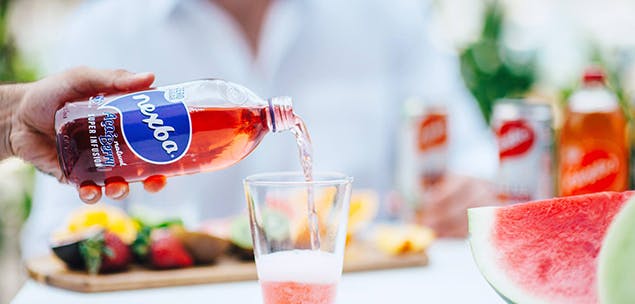422 million people. That’s the number of adults now living with diabetes according to an inaugural report recently released by the World Health Organisation (WHO).
With Type 2 diabetes representing up to 90% of all diabetes cases, it is clear that our sweet tooth needs to be pulled.
Professor Stephen Colagiuri, the only Australian who contributed to the WHO report, says a sugar tax is one way the Government could tackle the problem. And he’s right. Unfortunately, neither side seems to be listening.
Governments around the world are increasingly turning to fiscal measures to combat the rising cost of healthcare as they grapple with rising rates of obesity and diabetes but the absence of a sugar tax in this year’s budget is a sign that much more needs to be done in Australia.
The UK recently became the latest to announce a sugar tax, joining South Africa, Mexico, US, Norway, Denmark, Finland, Ireland, France and Hungary in imposing levies on sugar-sweetened beverages.
Australia could have a slice of the action too. Research from the Obesity Policy Coalition and the University of Queensland’s School of Public Health found that a 20 per cent tax on sugar-sweetened beverages could save more than 1600 lives and raise at least $400 million a year for health initiatives – initiatives that are becoming increasingly critical.
According to the Obesity Coalition, one in four children and 63 per cent of adults are overweight or obese, with sugary drinks a major contributor. But these figures are not surprising when you consider that a mere 600ml bottle of sugar-sweetened drink contains up to 16 teaspoons of sugar.
The organisation has urged the federal government to investigate a sugar tax as part of a comprehensive approach to combat poor diets and the obesity epidemic – something already underway around the world.
By 2020, hospitals in England will start charging more for sugar-sweetened beverages and junk food sold in their cafes and vending machines. The move, announced in January 2016, is expected to discourage its 1.3 million workers, visitors, and patients from purchasing them.
It will also deliver up to 40 million pounds ($76.37 million) per annum to NHS’s kitty.
The challenge for health advocates, however, is to ensure healthy alternatives are constantly on offer, which is difficult when significant retail control and shelf space is held by multinational suppliers.
The sugar tax would fast-track and commercially incentivise multinationals to make ‘better for you’ product changes and better position small challenger health brands like ours to take on the sugary drink giants in the David and Goliath battle for retail space.
While we may not have massive advertising budgets, we refuse to acknowledge a ‘might is right’ approach to our health. Australia faces a sugar crisis and we need legislation that gives our country a legitimate opportunity to make better, more informed health choices.
The time is right for the government to follow the lead of other forward-thinking countries and get behind a sugar tax.
About the author
Troy Douglas is the co-founder of Nexba, the Australian naturally better-for-you beverage brand.

